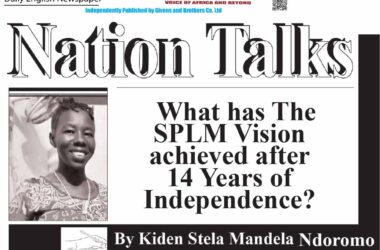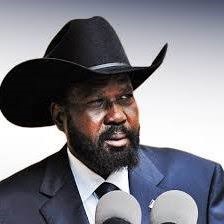By Yiep Joseph
The silence of the holdout groups currently engaged in Tumaini Initiative, on the two-year extension has raised concerns among peace stakeholders about the status of the negotiations.
As of now, the holdout group has not clarified its position on whether it supports the extension.
While both the government and the holdout group continue to engage in talks in Nairobi, the lack of communication from the holdout faction leaves stakeholders uncertain about their intentions and commitment to the process.
Addressing members of the Ceasefire and Transitional Security Arrangements Monitoring and Verification Mechanism (CTSAMVM) last week, General Bior Leek, a representative of former detainees, urged the government to clarify the holdout groups’ response to the recent extension of the agreement.
“We have extended the agreement for two years, yet there is still uncertainty about whether the holdout group will accept this extension. I urge the government to provide us with details regarding the Tumaini talks,” he stated.
Leek called on the government to keep the public informed about the status of the Nairobi discussions.
“Is the Nairobi process still alive or has it stalled?” he asked.
Meanwhile, in an interview, Michael Makuei Lueth, the Minister of Information and the rapporteur of the Tumaini Initiative, reassured that the Nairobi talks are ongoing.
Meanwhile, Edmund Yakani, Executive Director of Community Empowerment for Progress Organization (CEPO), urged the government to demonstrate its commitment to the Nairobi negotiations.
“The Tumaini initiative offers great chances for political inclusivity for delivering genuine political transitioning of the country from violence to peace,” he said.
Yakani criticized politicians who may seek to undermine the Nairobi talks.
“Already within the R-TGoNU, leaders’ splits over the Tumaini initiative is taking deep roots and creating new political cliques/allies across party lines. This is a step of failure walking the talk of the newly extended transitional period for 2 years until 22nd February 2027,” he said.
He further stated, “the attitude of fighting the spirit of framing inclusive governance for delivering implementable political transitional processes through the Tumaini Initiative is the beginning of the failure of the spirit and intentions for the extension of the newly transitional period.”




